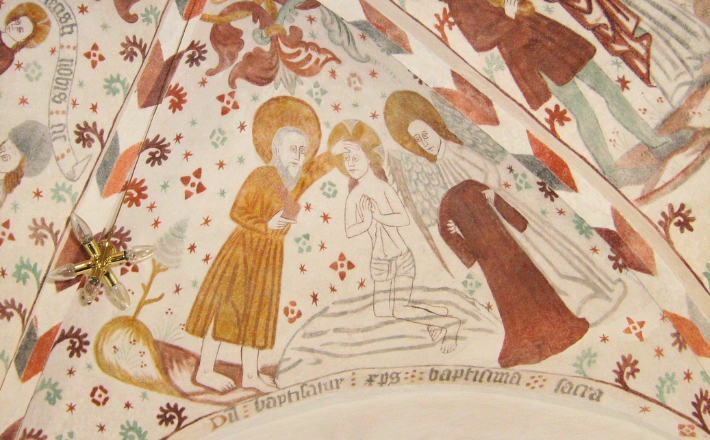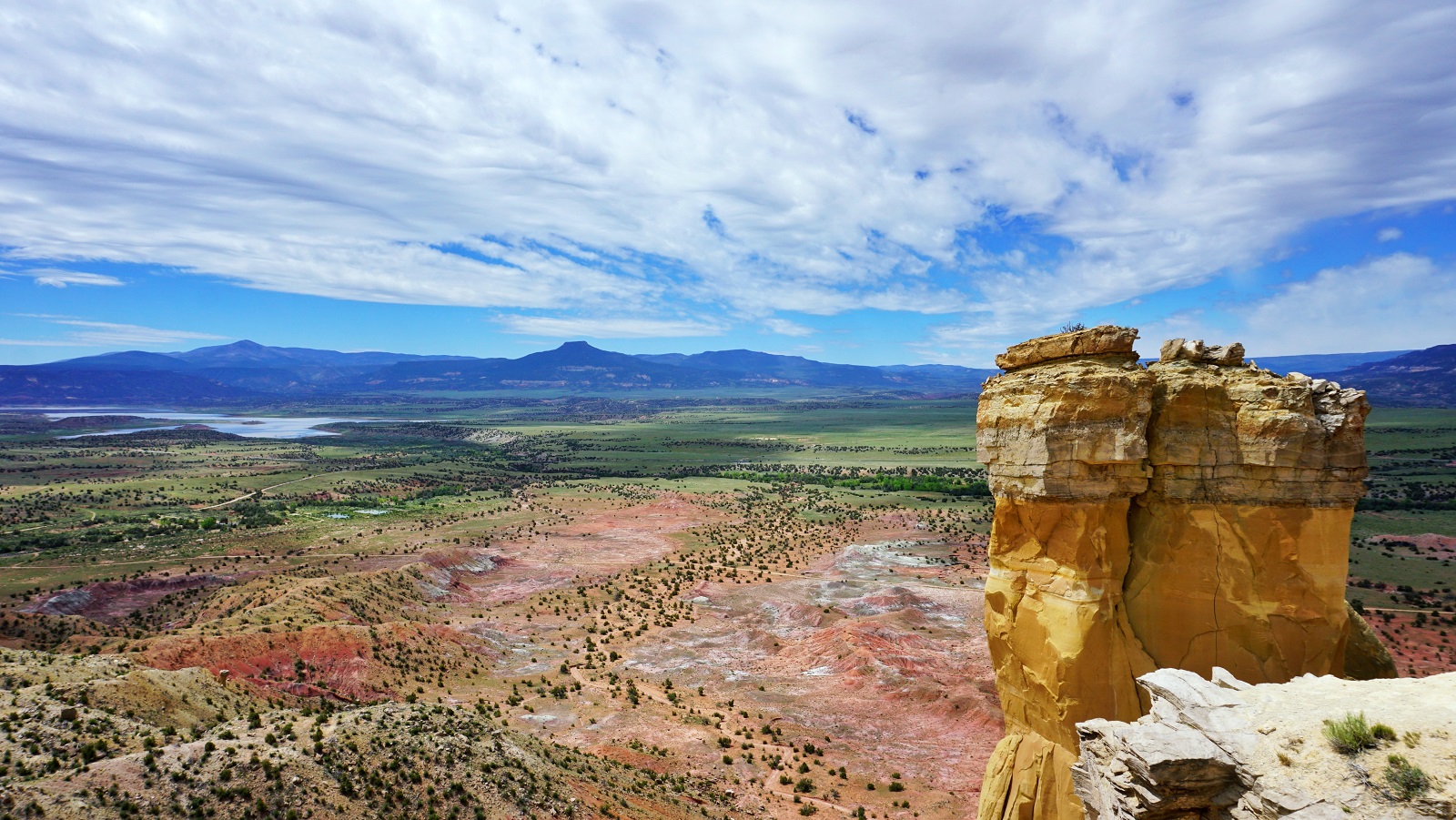Commentary on Genesis 9:8-17
Genesis 9:8–17 describes how God, in the aftermath of the flood, blesses and makes a covenant—an agreement—with Noah, the one individual (and his family) who, for mysterious and unstated reasons, manages to survive the divine onslaught. In describing God’s offer of a new covenant, this episode functions as a tying up of—a conclusion to—the flood narrative. As such, this narrative depicts God reconciling and making up with the world, which God, mysteriously, tried to destroy wholesale in the preceding chapters.
Viewed in this light, this account raises questions about reconciliation and forgiveness. What do real reconciliation and forgiveness look like? Are there acts that are unforgivable or so horrible that reconciliation and forgiveness are impossible? Moreover, what might appropriate recompense entail? God, in this story, has nearly killed everything and everyone in the world. Is God’s promise to refrain from such a destructive activity in the future—at least using water (verse 11)—enough, or should God do or promise more?
Indeed, considering that God leaves out plenty of other ways to destroy—that is, any other means besides water—and also needs a physical reminder (the bow in verse 16), it is unclear whether God has learned anything or changed much as a result of the flood. Should you forgive someone who is unreformed and unapologetic—who refuses to take accountability for their action?
The problematic portrayal of God opens up space to discuss and think about issues of theodicy and the unfairness of the universe in general—one in which people, whether good or bad, are victimized or rescued at random. After all, though Genesis 6:9 states that Noah was righteous and good, there is no clear explanation as to why Noah, above everyone else (babies, animals, and plants, for example), was so good that he was saved while others died. How do we live responsibly in such an unfair world, one in which the difference between Noah and those killed in the flood is determined by whim and the luck of birth?
This problematic portrayal also intersects with questions about power and suffering. How do you make someone who has tremendous power behave ethically if they choose not to? And what should the world do when they refuse to behave appropriately? God appears to attempt to check Godself in Genesis 9 with the covenant and the sign. However, who will make sure God abides by this agreement, and what happens if God decides to use another means (not the flood) to destroy the world?
Indeed, though God never again tries to destroy the entire world in the Bible, God does allow God’s chosen group, the Israelites, to undergo tremendous suffering. God even allows their exile from their homeland. Should this count as reformation or improvement on the part of God?
In the case of the flood, the question about unchecked power overlaps easily with concerns about environmental degradation. The flood, according to the biblical text, insofar as it leads to the deaths of nearly all the animals and, though unmentioned, plant life, can be considered an environmental disaster. What happens when powerful forces—be it God as in the story here or companies and political leaders in the modern world—use their power to wreak havoc on the environment and, by extension, people’s lives? What do we do with autocratic and powerful forces that use their power to destroy places and cause suffering?
Finally, the problematic portrayal of God, which continues in the aftermath of the flood, also presents an opportunity to talk about issues of anger and trauma. God, in sending the flood, can be said to have an uncontrollable anger problem. Moreover, Noah’s muteness and that of his family, both throughout the flood and in its aftermath when God offers a covenant, look like someone gripped by terror and unprocessed trauma—someone who has just witnessed and barely survived an act of violence, rage, and destruction.
Indeed, considering that God just annihilated the entire world, do Noah and his family have any other option but to accept God’s covenant and gestures of reconciliation in the flood’s aftermath? Can they refuse and risk enraging this deity again?
Adding to the terror, the rainbow God uses as a reminder to refrain from similar destructive tendencies in the future can be interpreted as a threatening gesture, not as a peaceful, placating one. Bows, after all, are usually viewed as weapons. If so, the scene of God’s reconciliation and covenant might not be as nice as we might initially think or want to believe. Rather, this gesture can be read as one of silent threat and unmitigated terror.
As such, the story of the flood and its aftermath leads easily to discussions about acts of anger and violence, especially domestic abuse and gun violence, and the repercussions of such acts, such as trauma, silence, and terror.



February 18, 2024